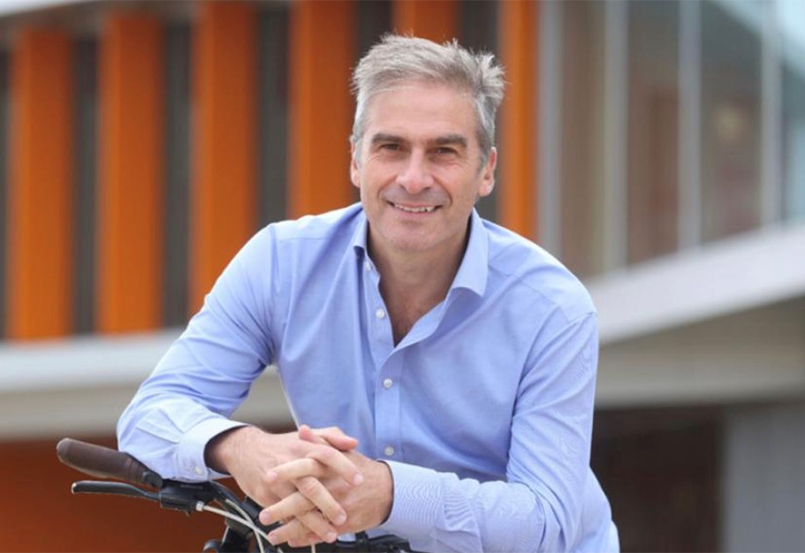Founders at the University of Cambridge is launched as Cambridge looks to become Europe’s centre for science and the main challenger to start-ups emerging from great US universities, in particular MIT and Stanford. The Founders programme will supercharge entrepreneurs building companies within the Cambridge ecosystem, in particular supporting deep tech founders building transformative companies that benefit both society and the UK economy. Recent research from Dealroom shows that while Cambridge is the third most important science hub in the world, it has a greater density of founders per inhabitant than any other global university city, including Boston, Oxford and London.
Gerard Grech
Gerard brings deep experience from his time as founding Chief Executive of Tech Nation, the private and publicly-funded organisation that supported ambitious tech entrepreneurs for almost a decade, across the country. He is also a governing board member of Innovate UK, the UK’s innovation agency. During his time at Tech Nation, the organisation worked with over 1300 digital companies to scale, including a third of all tech unicorns ever created in the UK. Companies supported included Revolut, Deliveroo and Darktrace.
The appointment of Gerard to lead a founder-focused initiative signals the University’s commitment to commercialising more of its world-leading research into global companies, particularly those tackling problems including climate change and an aging population with technology solutions.
Cambridge track record of tech success
Cambridge is one of the world’s leading University-based ecosystems, home to over 5,300 high tech companies. The city is the birthplace of 23 $1 Billion ‘Unicorns’ or privately-owned tech companies and University-backed start-ups have raised over £3 billion in investment and research. A recent report by London Economics said that the economic impact of the University of Cambridge was almost £30 billion a year, or four times that of the English Premier League. Almost 80% of this sum (£23.1 billion of £29.8 billion) is attributable to the commercialisation of research from the University’s research and knowledge exchange initiatives (including commercial companies spun-out from, or closely associated with the University and/or its commercial activities).
Successful companies arising from the University in recent years include:
- Nyobolt (High-Power, Fast-Charging Battery Technology) which has raised over £50 million in a Series B
- Colorifix (revolutionary dyeing process to help the textile industry dramatically reduce its environmental impact) (£25 million)
- Gyroscope Therapeutics (gene therapy for eye disease, acquired recently by Novartis for up to $1.5 billion)
- Riverlane (Building the operating system for quantum computers) – (£33 million plus £7.6 million UK government funding)
- Xampla (plant-based alternative to single-use plastics) – (£8 million)
Founders at the University of Cambridge will bring together future founders with global entrepreneurial alumni, local experts and peer role-models, to support and guide founders, particularly those working in deep-tech, to create stronger companies, scaling faster and having greater impact. With a brief to make a measurable economic impact for the whole UK, the programme will particularly focus on companies that bring research-based innovation to bear in solving the problems facing both the UK and the wider world. Founders joining the programme are anticipated to raise over £700 million of investment in the first five years.
Image credit, Richard Marsham, courtesy of Cambridge Enterprise.
Read full press release below



